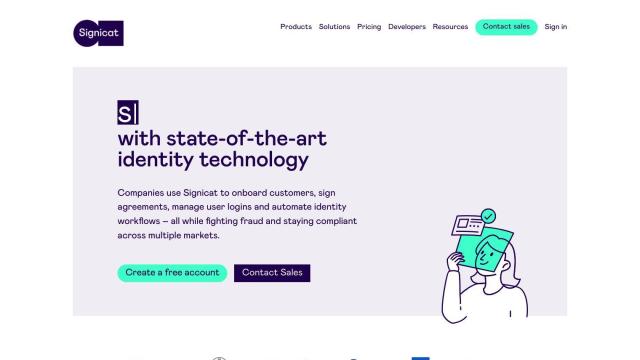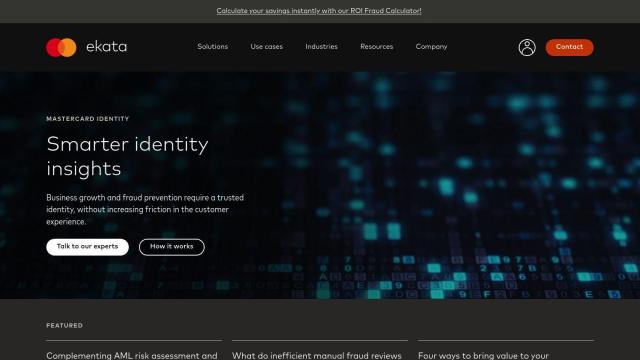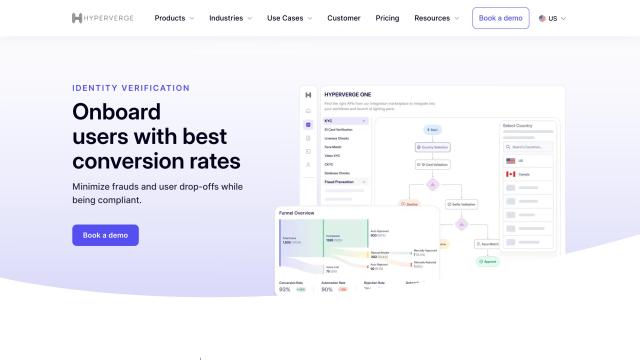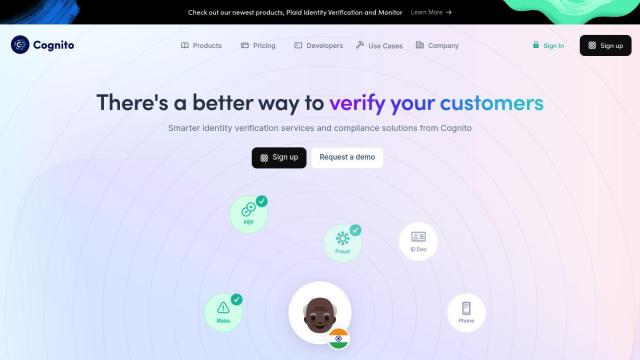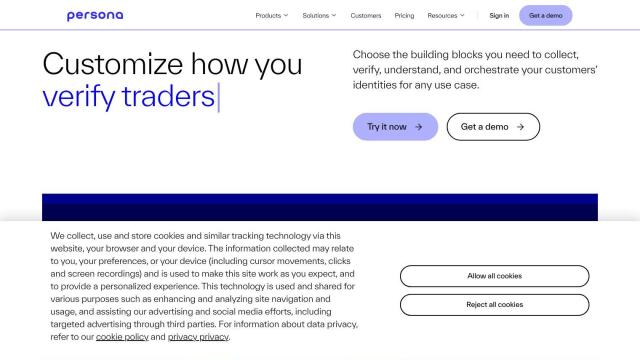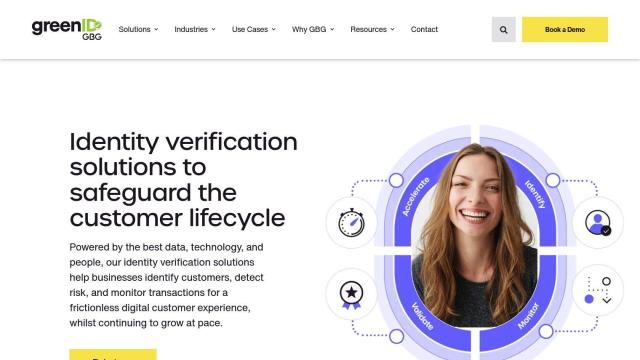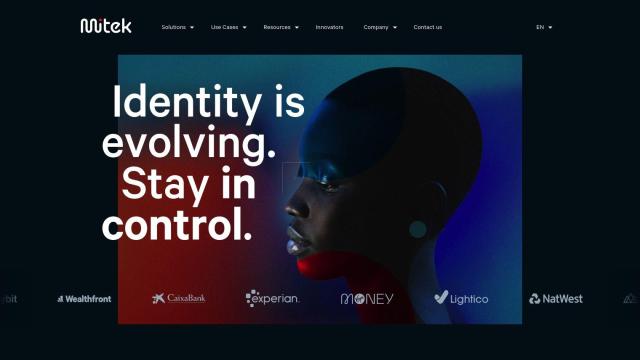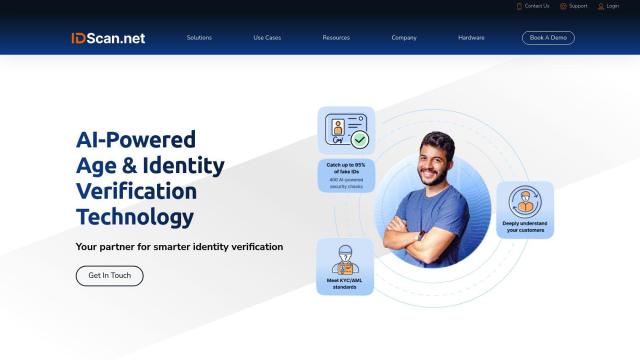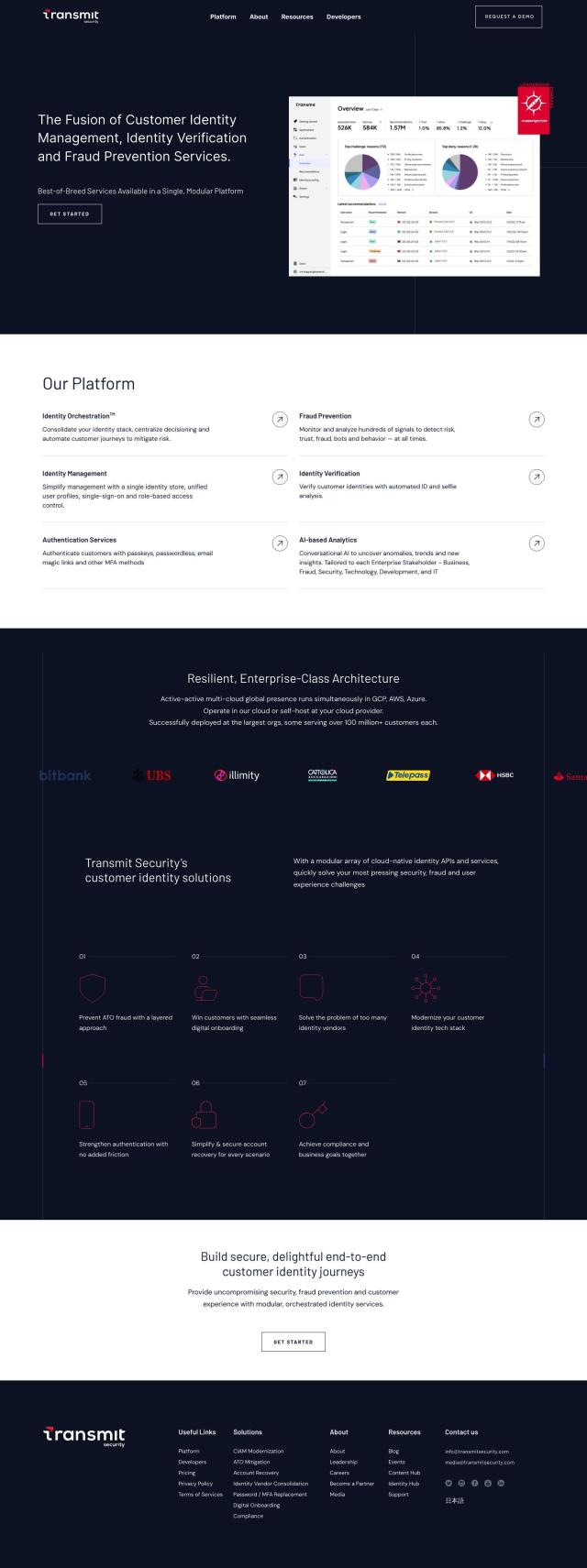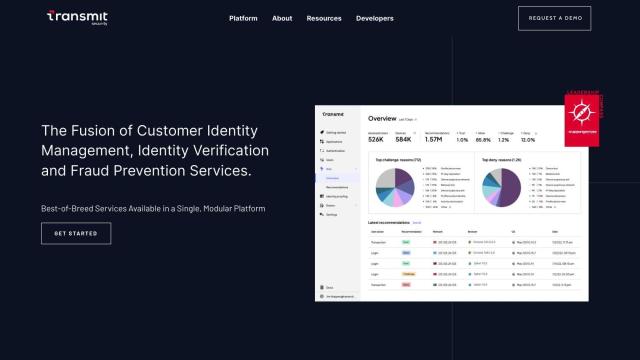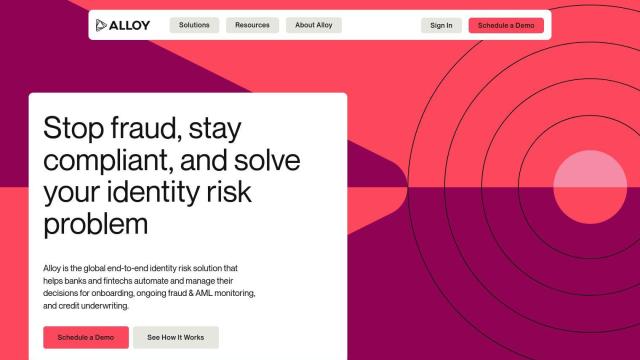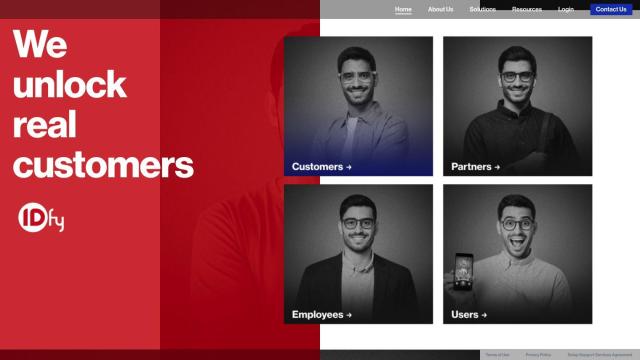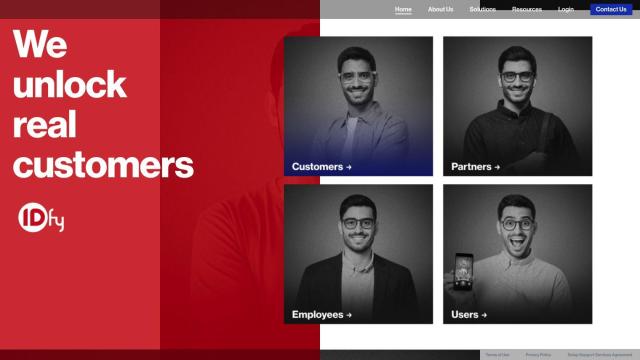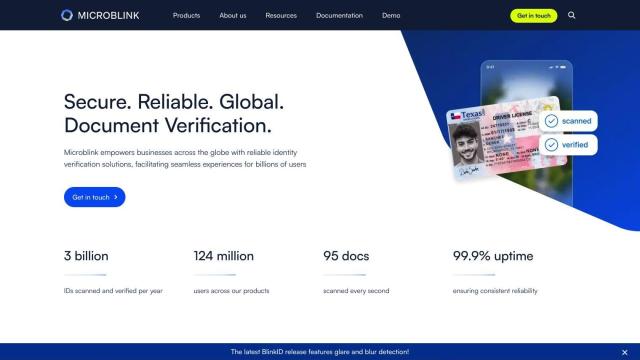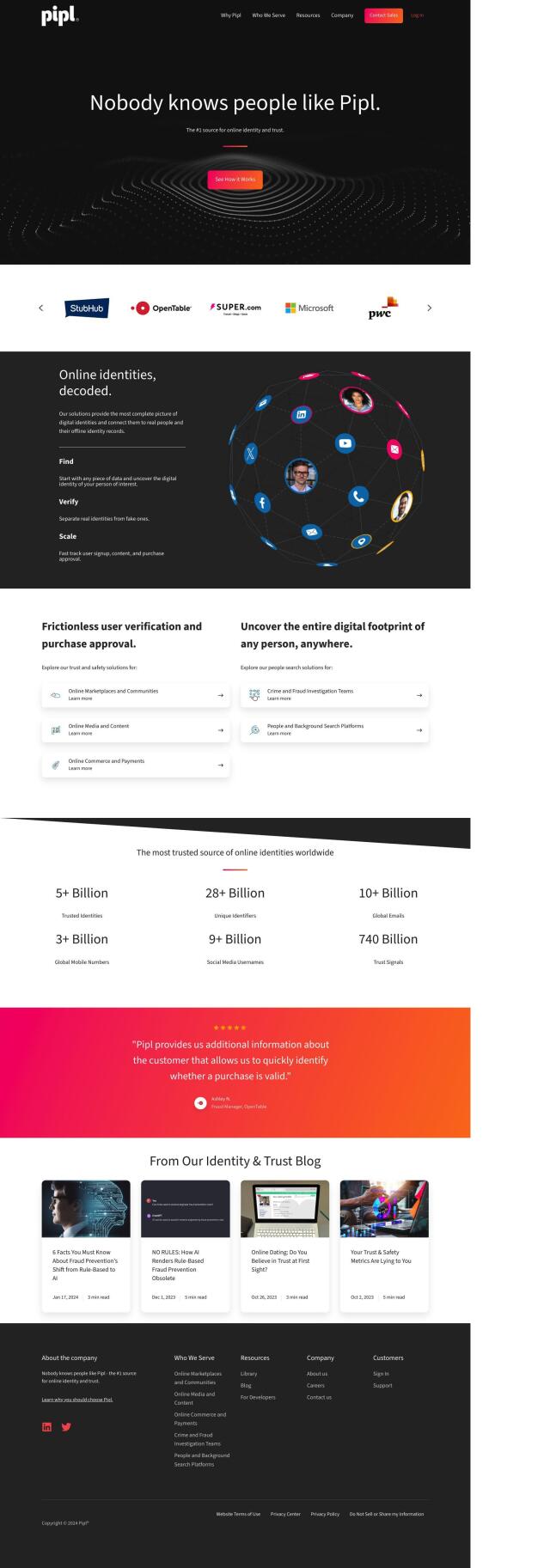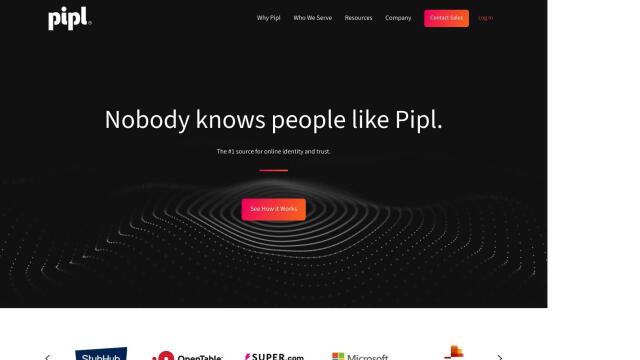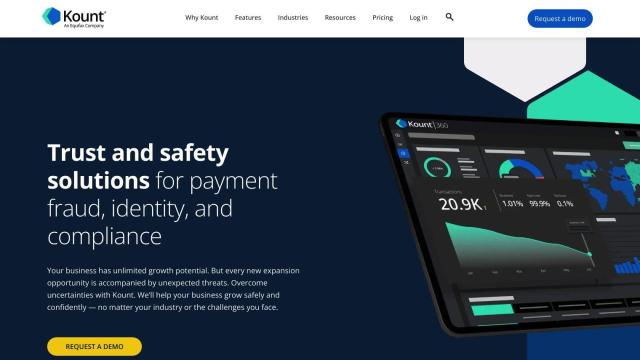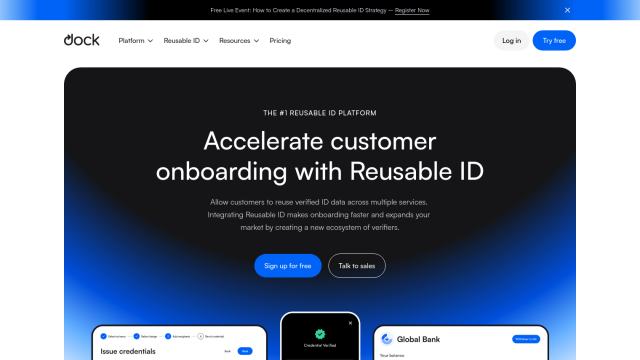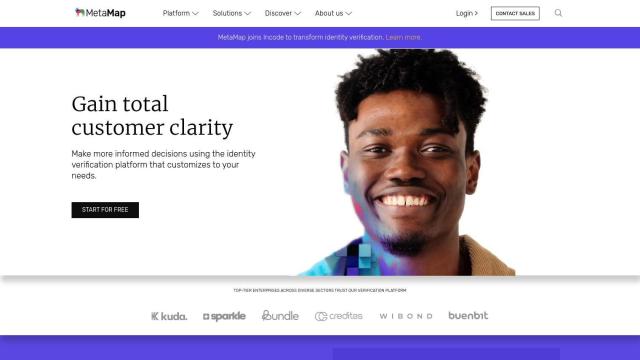Question: Is there a digital identity verification platform that can help reduce fraud and improve customer onboarding experiences?

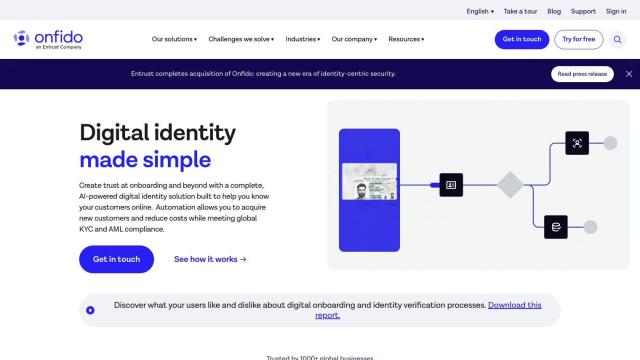
Onfido
For cutting down on fraud and making it easier to onboard customers, a digital identity verification platform can be a big help. Onfido has a full-fledged offering that combines AI-powered verification with automated customer onboarding, global KYC and AML compliance and a user-centric experience. It includes a Smart Capture SDK, a Global Verification Suite and Atlas AI for automated onboarding and compliance, and is a good choice for companies that want to simplify onboarding and lower identity fraud risk.

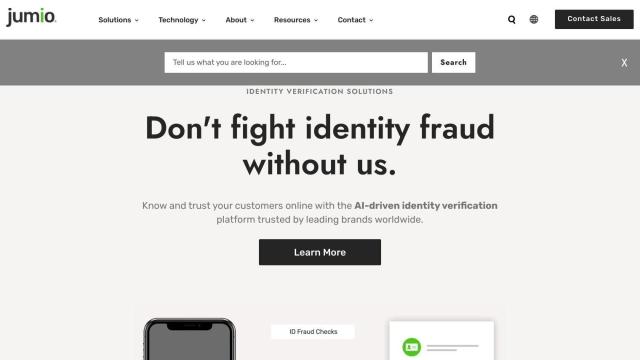
Jumio
Another serious contender is Jumio, which offers AI-based identity verification with more advanced features like ID checks, selfie matching and liveness checks. Jumio's platform also offers predictive fraud scoring, real-time risk assessment and customizable risk scoring, so it's good for a variety of businesses, including financial services and health care. It supports more than 5,000 types of IDs from more than 200 countries, so it's good for businesses that need to operate globally and adapt to different regions.

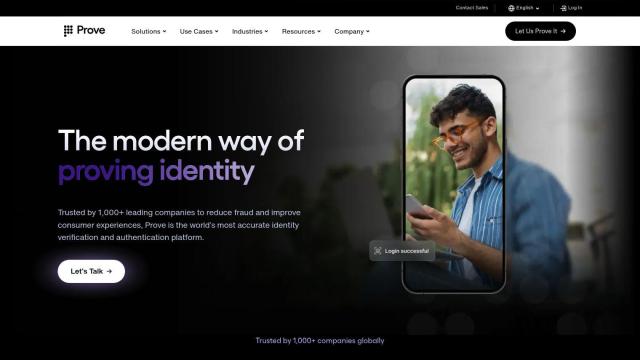
Prove
Prove is another contender that can help cut fraud and improve customer experiences. It offers a suite of tools including Prove Pre-Fill, Prove Identity, Prove Auth and Prove Identity Manager that can simplify identity verification and authentication. It's backed by encryption and machine learning technology and promises bank-level security and real-time fraud detection.

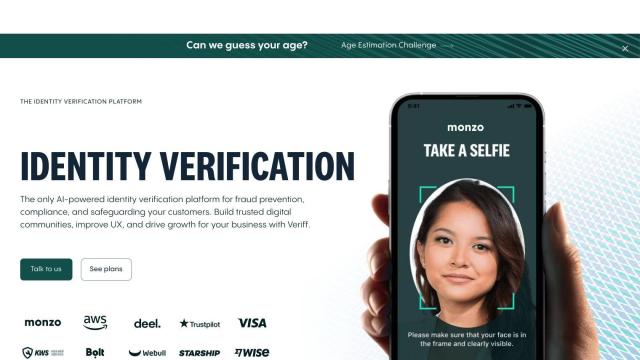
Veriff
Last, Veriff offers a range of tools for identity and document verification, proof of address and biometric verification. It supports more than 11,500 government-issued IDs from more than 230 countries, so it's good for businesses that need to operate globally and adapt to different regions. Its technology is designed to offer a frictionless user experience and optimize conversions, which makes it a good fit for financial services and e-commerce.

